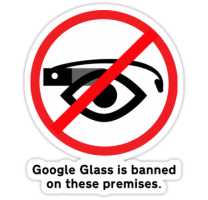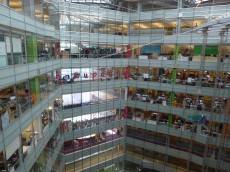December 10, 2013
More than half of UK’s increasingly disengaged workforce looking to switch jobs
 Staff disengagement is already costing the UK economy dear, and is also one of the reasons why nearly half of all UK employees are currently looking to leave their current jobs over the next year, a contrast of two new surveys reveals. The first report, from private healthcare provider BUPA, found that disengaged and unhealthy staff cost the UK economy around £6 billion each year. The second report from Investors in People (IIP) – a Government created business improvement agency – claims that just under half of all British employees (47 percent) are considering whether to move jobs during 2014. This represents some 14 million individuals so if you lend both reports credence, employers may have serious issues retaining their best employees as the jobs market picks up.
Staff disengagement is already costing the UK economy dear, and is also one of the reasons why nearly half of all UK employees are currently looking to leave their current jobs over the next year, a contrast of two new surveys reveals. The first report, from private healthcare provider BUPA, found that disengaged and unhealthy staff cost the UK economy around £6 billion each year. The second report from Investors in People (IIP) – a Government created business improvement agency – claims that just under half of all British employees (47 percent) are considering whether to move jobs during 2014. This represents some 14 million individuals so if you lend both reports credence, employers may have serious issues retaining their best employees as the jobs market picks up.

























December 6, 2013
Extended rights to flexible working could prove a logistical headache for employers
by Pam Loch • Comment, Flexible working, Workplace
A recent decision by the government could result in emptier offices on Fridays and Mondays as staff vie with each other to work from home. This is because from April 2014 onwards, employers will have to be prepared to consider flexible working requests from any employee, not just for employees who have children under the age of 17 or responsibilities as carers. One of the more challenging areas for employers is how to manage condensed hours requests and to keep enough staff covering core office hours, without affecting the business. This could result in employers having to juggle competing flexible working requests from employees who they may not be able to accommodate all at the same time. (more…)